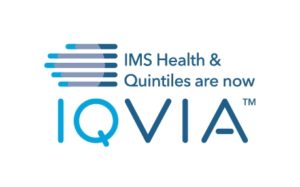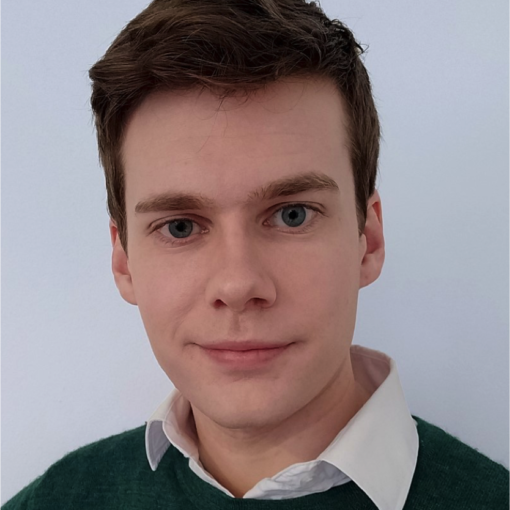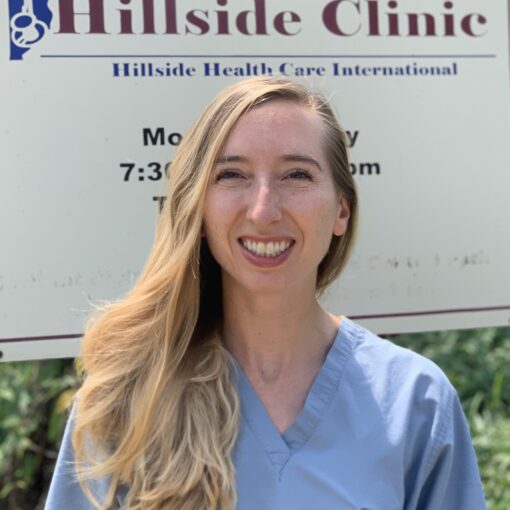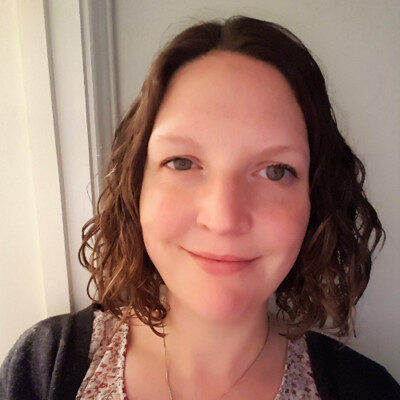PhD Genetics, University of Cambridge (2017)
| Associate Consultant | |
|---|---|
| IQVIA | |
Year entered into a non-academic position: 2017
Job highlight: Staying connected to science in a business environment
My research training set me up to… Own large workstreams, handle large amounts of data, critically think and analyze data and draw significant findings.
What’s your background?
PhD in Genetics; working on Drosophila melanogaster fruit flies. I wanted to move into a more applied scientific area with a greater focus on business.
Why did you move away from academia?
I did not enjoy benchwork, the politics, the poor job prospects, the low pay, and the “publish or perish” culture.
Is there anything you miss about academia?
Freedom to pursue interesting areas, better working hours.
How did you get this job?
I saw a presentation by IQVIA whilst at university, and decided to apply. The role required a lot of preparation for interviews, such as preparing for classic consulting case studies and brushing up on my mental arithmetic, as well as all of the usual preparation.
Did you think you had the skills required for your current position before you started? Were you right?
I thought I had them, but I did not. There was a steep learning curve when I started this job. However, the skills I did have certainly helped prepare me for the role.
How did your PhD prepare you for your current job? For example, what were the transferable skills that you developed during your PhD that are most relevant to your current job?
Data handling and analysis is integral to the job. Knowledge of wider science and how to use scientific literature is also important. As is managing your own workstreams.
Did you have any preconceptions about your sector that proved to be wrong?
Expected it to be much more formal/stuffy, with everybody wearing suits. That’s not the case – we only really wear suits (no ties) for client meetings. Most of the time people around the office wear smart-casuals – chinos, shirts, maybe a jumper.
Can you describe a typical week in your job?
Running data analyses, secondary research into primary literature, primary research working with health care professionals to get perspectives on treatment landscapes, generating Word/PPT reports for internal team meetings and for clients, enjoying lunch by the canals in London, having team meetings and brainstorming sessions, and going out for Friday night drinks.
What’s the workplace culture like?
It varies, but it tends to be very collaborative and open. There are some politics (which you get in every organization, or wherever you can find people), but it is nowhere near as political/cut-throat as it is in academia.
What are your favourite parts of your job?
I do a lot of patient engagement in my current role, to help design and shape clinical trials and R&D strategy.
It’s very rewarding working directly with patients and exploring their experiences on different treatments. I also love the collaborative atmosphere and working across multiple areas, as you gain a lot of experience over a relatively short period of time.
What are your reflections on your (future) career path?
This role has set me up very well for a career in life sciences/pharmaceuticals, and IQVIA are the leaders in pharma-industry services. We are a very well known company and so future career opportunities are endless within pharma. However, it may be more difficult to find a job outside of pharmaceuticals/life sciences/healthcare if I were to pursue one.
Do you have any advice for current graduate students and postdocs considering a career outside of academia?
Make sure you get some experience outside of academia (even voluntary), as making that transition can be quite challenging for those who have only worked in academic environments.
Focus on what skills you can bring to the area you are moving to – sometimes this requires lateral thinking beyond the skills you’ve learnt in the lab/research environment. Extra-curricular/working opportunities such as teaching, entrepreneurial activities, and consulting projects add a lot of value to a CV.
Can you recommend any relevant resources, organisations or events that might help somebody new to the sector find out more about it?
Look out for organisations/societies connecting academia and industry within your institution to help make those connections and build your network. The Oxford Strategy Group would also be good to check out for some consulting-like experience.
IQVIA is a leading global provider of information, innovative technology solutions and clinical research services dedicated to using analytics and science to help healthcare stakeholders find better solutions for their patients. Formed through the merger of IMS Health and Quintiles, IQVIA offers a broad range of solutions that harness advances in healthcare information, technology, analytics and human ingenuity to drive healthcare forward.
healthcare stakeholders find better solutions for their patients. Formed through the merger of IMS Health and Quintiles, IQVIA offers a broad range of solutions that harness advances in healthcare information, technology, analytics and human ingenuity to drive healthcare forward.
Consulting Services is the world’s leading, specialised advisor on critical business issues in the life sciences. We are the strategy arm of IQVIA, our team offers end-to-end management consulting in key issue areas that include: therapy area, brand strategy, portfolio analysis, launch excellence, pricing & market access, and commercial model design and optimisation. It is our passion to apply creative research solutions to dynamic healthcare challenges.
Build a rewarding career in life sciences consulting and forge your own path. Partner with collaborative teams and leaders across unique projects and geographies, delivering innovative solutions to the most complex healthcare problems along the way. Embrace your curiosity, put your passions to work, and never stop learning. If you’re ready to make an impact on the healthcare industry as part of our team of management consultants, apply to join us today.





